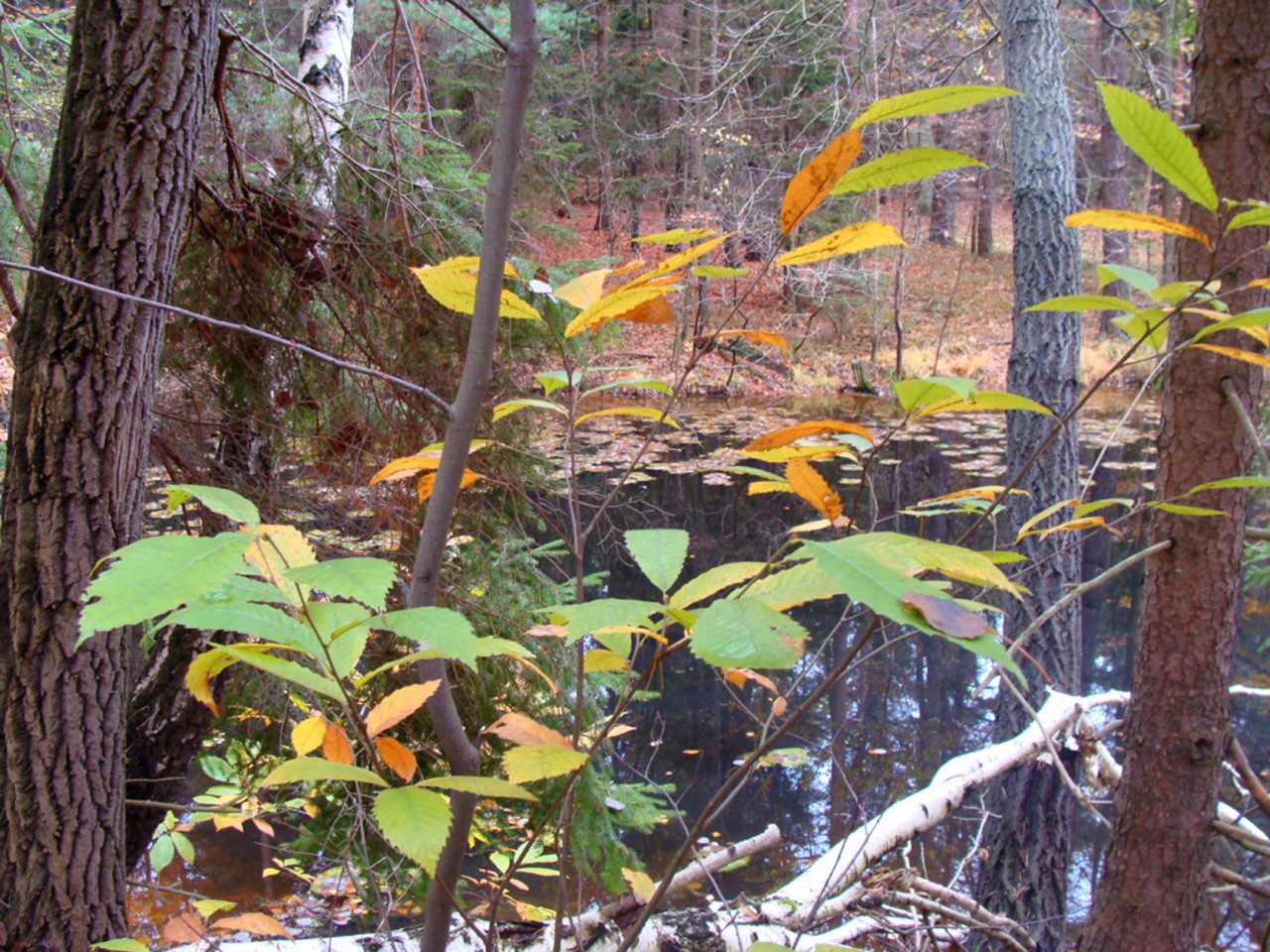
Wine Tasting
What is the tasting process?
The tasting course of in wine tasting involves a quantity of key steps that assist consider and appreciate the complexities of wine. Here’s a breakdown of every stage:
1. Observation
Begin by analyzing the wine’s look. This includes:
- Color: Observe the hue, which may present insight into the age and kind of the wine.
- Clarity: Look for any cloudiness or sediment.
- Viscosity: Swirl the wine and observe the legs that kind on the glass; thicker legs may point out greater alcohol content material or sweetness.
2. Swirling
Gently swirl the wine in the glass to aerate it, which reinforces its aromas. This action encourages volatile compounds to flee, 부산달리기 enriching your sniffing expertise.
3. Smelling
Bring the glass to your nose and take a deep breath. Identify completely different aromas, which can vary from fruity, floral, spicy, to earthy. Think about:
- Intensity: How strong are the aromas?
- Complexity: Are there a number of layers of scents?
4. Tasting
Take a small sip of the wine and let it coat your palate. Focus on:
- Flavor: What flavors do you detect? Are they just like the aromas?
- Body: Is the wine mild, medium, or full-bodied?
- Balance: Consider the connection between acidity, sweetness, tannins (in reds), and alcohol.
- Finish: Pay consideration to the aftertaste; does it linger? What flavors remain?
5. Reflecting
Take a second to understand the overall experience. Consider how the wine makes you are feeling and whether you wish to enjoy it once more. Document your impressions if you’re tasting a number of wines!
Following these steps can enhance your wine-tasting expertise, allowing you to understand the intricacies of various varieties and types.
What is wine tasting session?
A wine tasting session is an organized occasion where people can sample and evaluate numerous wines. It is a chance to discover different wine varieties, perceive their distinct flavors, and study about the wine-making process.
Key Components of a Wine Tasting Session
- Selection of Wines: A variety of wines are chosen for the tasting, typically focusing on a particular area, grape selection, or type.
- Tasting Techniques: Participants are guided on the method to correctly style wine, which incorporates trying, smelling, and sipping to research the wine’s traits.
- Food Pairings: Some classes could embrace meals pairings, enhancing the tasting expertise by demonstrating how sure meals complement particular wines.
- Expert Guidance: Typically, a sommelier or wine expert leads the session, offering insights and answering questions on every wine.
Common Objectives of Wine Tasting
- To develop an appreciation for various wine kinds and flavors.
- To educate members about wine regions, grape varieties, and manufacturing strategies.
- To identify personal preferences for wines.
- To foster social interaction amongst participants by way of a shared expertise.
Overall, a wine tasting session is both an academic and gratifying occasion, excellent for wine fanatics and novices alike.
Is wine tasting formal?
Wine tasting can range in formality depending on the setting and event. In some circumstances, it can be fairly formal, going down in upscale environments the place specific protocols are followed. This might embody guided tastings led by sommeliers, with a focus on the wine's characteristics and pairing ideas.
On the opposite hand, wine tasting may also be a casual experience, corresponding to at festivals, casual gatherings, or home tastings with friends. In these conditions, the emphasis is commonly more on enjoyment and exploration somewhat than strict guidelines.
Formal Wine Tasting
In a formal wine tasting, individuals would possibly dress up, adhere to a schedule, and participate in structured evaluations of various wines. The use of particular terminology and the presence of a facilitator is frequent. Tasting notes could also be taken, and food pairings are often included to enhance the expertise.
Casual Wine Tasting
Conversely, casual wine tasting allows for more flexibility. Participants could simply pour and sip without any predefined construction or tips. Discussions may be informal, specializing in private preferences and experiences rather than technical particulars.
Ultimately, whether or not a wine tasting is formal or informal can depend on the context and the preferences of these involved.
